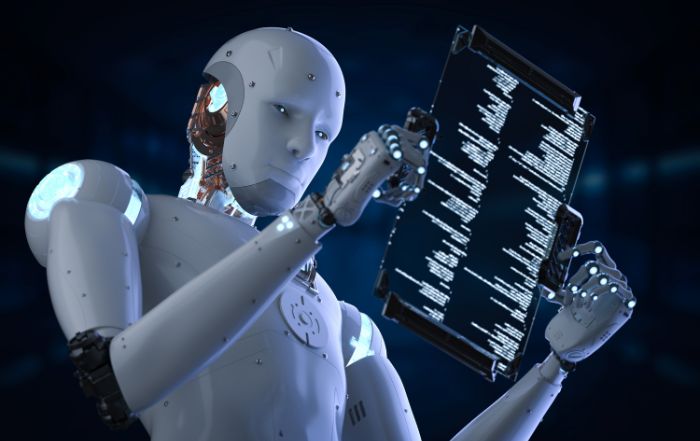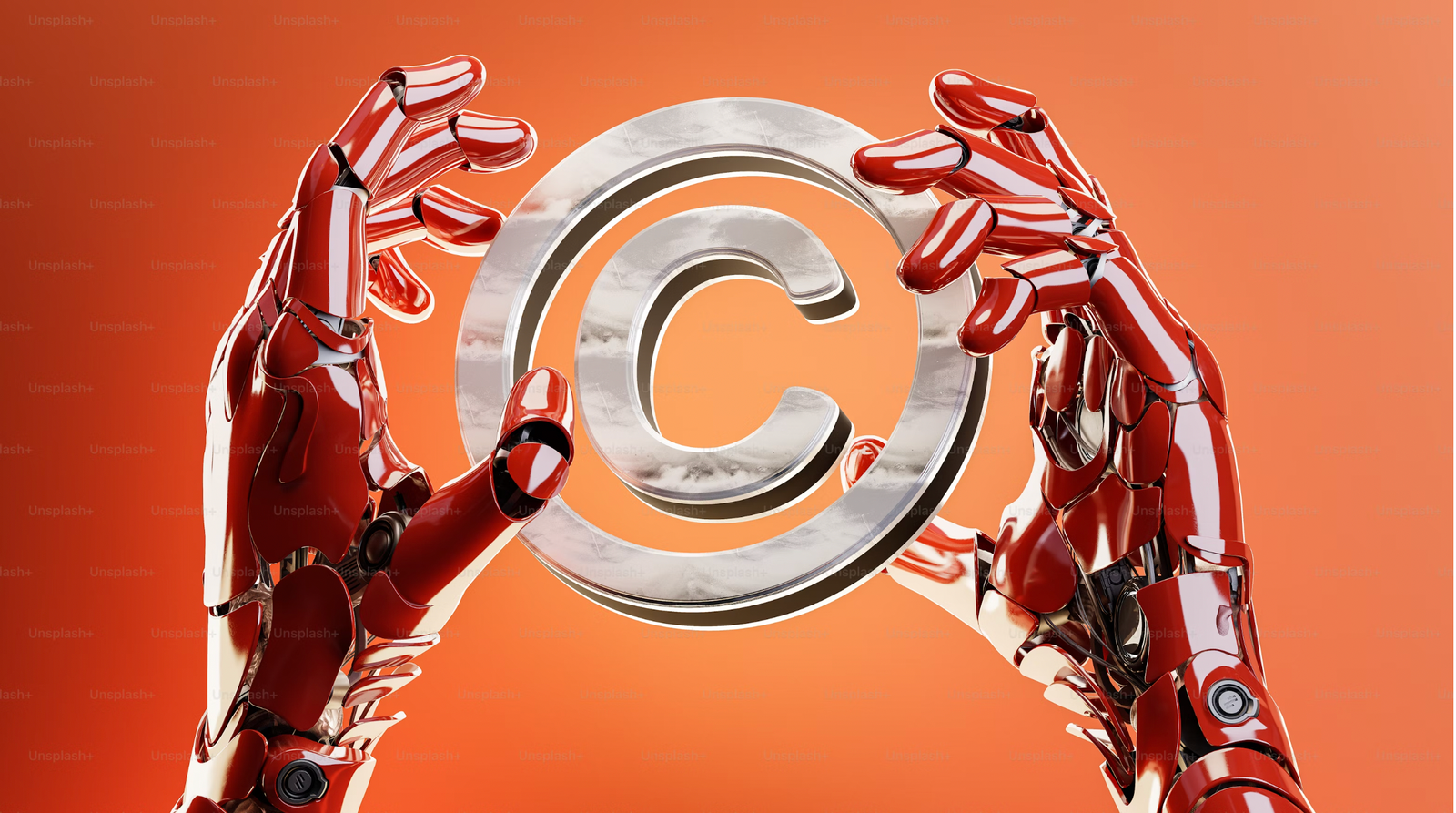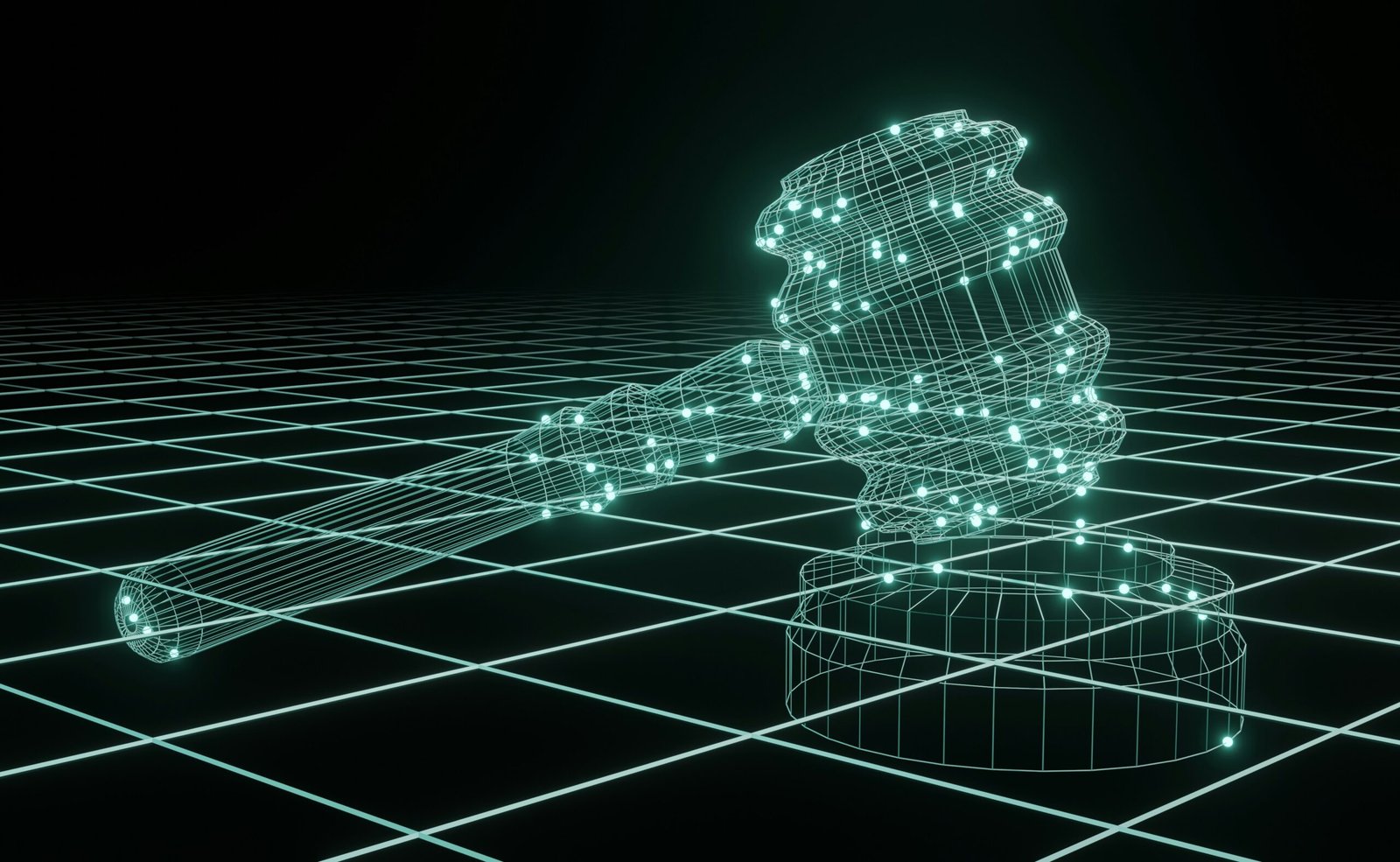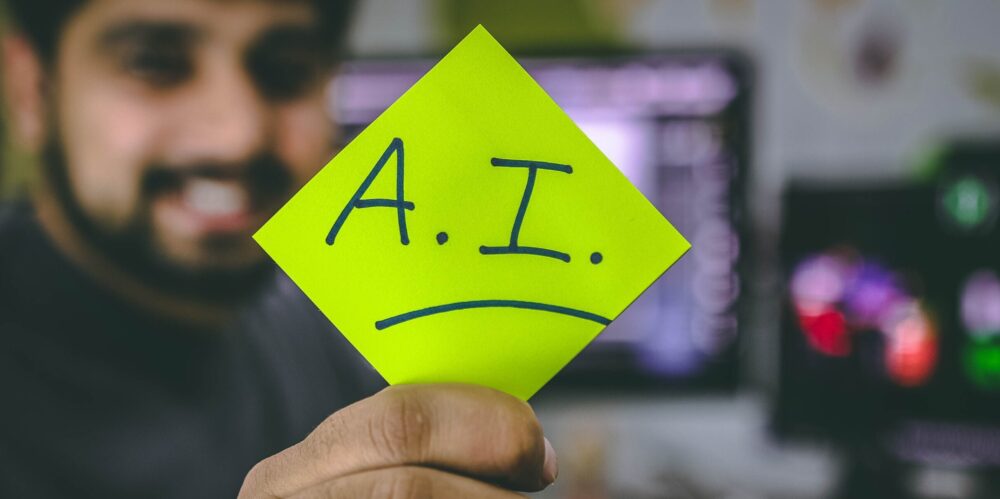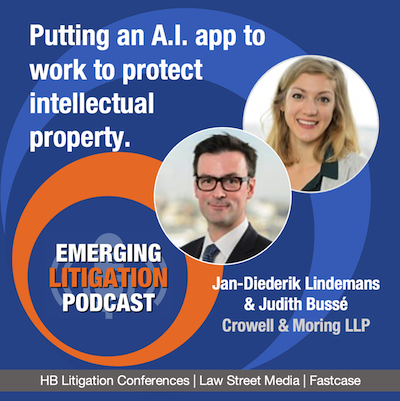HB Artificial Intelligence Update Monday, Dec. 15, 2025 | Wrongful Death, Discrimination, Intellectual Property
The rapid advancement of AI technology continues to challenge courts, companies, and consumers. Read about recent developments that in-house counsel and litigators should be watching.

